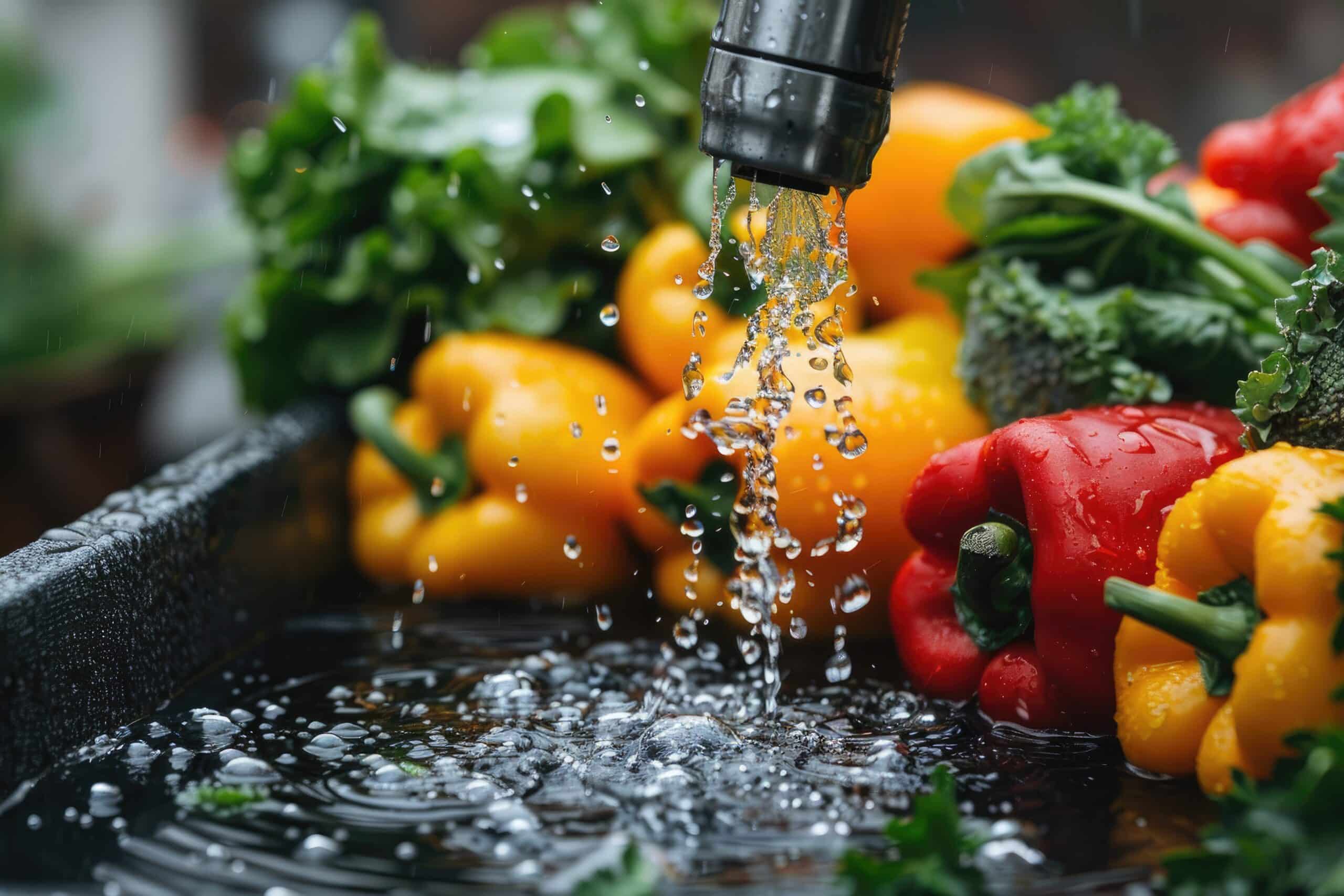What Vegetables Don’t Need a Lot of Water?
Key Takeaways
- Rhubarb, Swiss Chard, Asparagus, Jerusalem Artichoke, Corn, Pole Beans, Chili Pepper, Squash, Melon, and Arugula are drought-tolerant vegetables that require minimal water.
- Eggplant, Peppers, Tomatoes, Chickpeas, and Mustard Greens are other drought-resistant varieties suitable for low water usage gardening.
- Growing these vegetables can help conserve water resources and reduce overall water usage in areas prone to drought or with limited water resources.
When it comes to gardening, water usage is a critical factor to consider, especially in regions prone to drought or with limited water resources. Growing vegetables that require less water can help conserve this precious resource while still enjoying a bountiful harvest. In this article, we will explore a variety of vegetables that are known for their drought resistance and don’t need a lot of water to thrive.
Drought-Tolerant Vegetables
Drought-tolerant vegetables are those that can withstand dry conditions and still produce a good yield. Let’s take a look at some of these vegetables:
- Rhubarb: Rhubarb is a perennial vegetable that thrives in cool climates and requires minimal water once established.
- Swiss Chard: Swiss chard is a leafy green that can tolerate dry conditions and still provide a continuous harvest throughout the growing season.
- Asparagus: Asparagus is a hardy vegetable that requires little water once established and can continue to produce for many years.
- Jerusalem Artichoke: Jerusalem artichoke, also known as sunchoke, is a resilient tuber that can thrive in various soil conditions, including dry ones.
- Corn: Certain varieties of corn, such as ‘Hopi Pink’ and ‘Black Aztec,’ have shown resistance to drought conditions.
- Pole Beans: Pole beans, like rattlesnake pole beans, are a great choice for low-water gardening as they require minimal irrigation.
- Chili Pepper: Chili peppers are known for their ability to withstand dry conditions and can add a kick to your meals with minimal water requirements.
- Squash: Squash varieties such as cushaw squash and zucchini (specifically the Dark Star variety) are drought-tolerant and can still produce a good crop.
- Melon: Melons, including cantaloupes like ‘Iroquois’ and watermelons like ‘Sugar Baby,’ have adapted to dry conditions and can grow with less water.
- Arugula: Arugula is a leafy green that can thrive in dry conditions, making it an excellent choice for water-conscious gardens.
Other Drought-Resistant Varieties
In addition to the vegetables mentioned above, there are several other drought-resistant varieties that are suitable for low water usage gardening. These include:
- Eggplant: Certain eggplant varieties like Ping Tung, Listada de Gandia, and Rosa Bianca have shown resilience in dry conditions.
- Peppers: Peppers, especially hot pepper varieties, are known for their drought tolerance. They can add spice to your dishes with minimal water requirements.
- Tomatoes: While tomatoes generally require regular watering, specific varieties like Roma and Early Girl have shown some resistance to drought conditions.
- Chickpeas: Chickpeas, also known as garbanzo beans, are legumes that can thrive with minimal watering, making them ideal for water-conscious gardens.
- Mustard Greens: Mustard greens are leafy greens that can tolerate dry conditions and still provide a nutritious addition to your meals.
Conclusion
When it comes to growing vegetables with minimal water requirements, there are several options available. From leafy greens like Swiss chard and arugula to resilient tubers like Jerusalem artichoke and drought-tolerant varieties of corn, beans, and squash, you can create a water-conscious garden while enjoying a diverse range of fresh produce. Consider these vegetables when planning your garden, especially if you live in an area with limited water resources or want to reduce your overall water usage.
Related Websites:
FAQs:
Q: Why is water conservation important in vegetable gardening?
Water conservation is important in vegetable gardening as it helps to reduce water waste and promotes sustainability. By conserving water, you can contribute to a more environmentally friendly garden and lower your water bills.
Q: What factors influence water requirements in vegetable plants?
Several factors influence water requirements in vegetable plants, including climate, soil type, and plant maturity. Hotter climates and sandy soils tend to require more water, while cooler climates and clay soils retain moisture better. Young plants generally have higher water needs compared to mature plants.
Q: Which vegetables have low water needs?
Some vegetables that have low water needs include root vegetables like carrots, radishes, and turnips. Leafy greens such as lettuce, spinach, and kale also thrive with minimal watering. Cruciferous vegetables like broccoli, cabbage, and cauliflower have moderate water needs, and herbs like rosemary, thyme, and sage are known for their low water requirements.
Q: What are some tips for saving water in vegetable gardening?
To save water in vegetable gardening, you can employ efficient irrigation techniques such as drip irrigation systems that minimize evaporation. Mulching can also help conserve soil moisture. Proper soil preparation by adding organic matter, compost, and soil amendments improves water retention. Watering during cooler parts of the day and watering deeply but infrequently promote deep root growth and reduce water usage.
Q: How can I create a sustainable and water-efficient vegetable garden?
To create a sustainable and water-efficient vegetable garden, consider planting vegetables with low water requirements. By choosing root vegetables, leafy greens, cruciferous vegetables, and herbs that thrive with minimal watering, you can reduce water usage. Implementing efficient irrigation techniques, proper soil preparation, and smart watering practices will further contribute to a sustainable and water-efficient garden.






